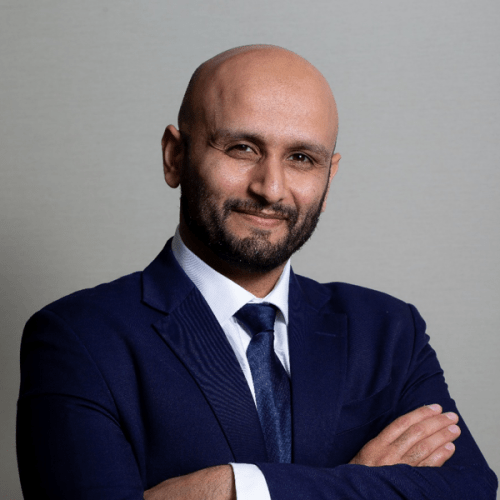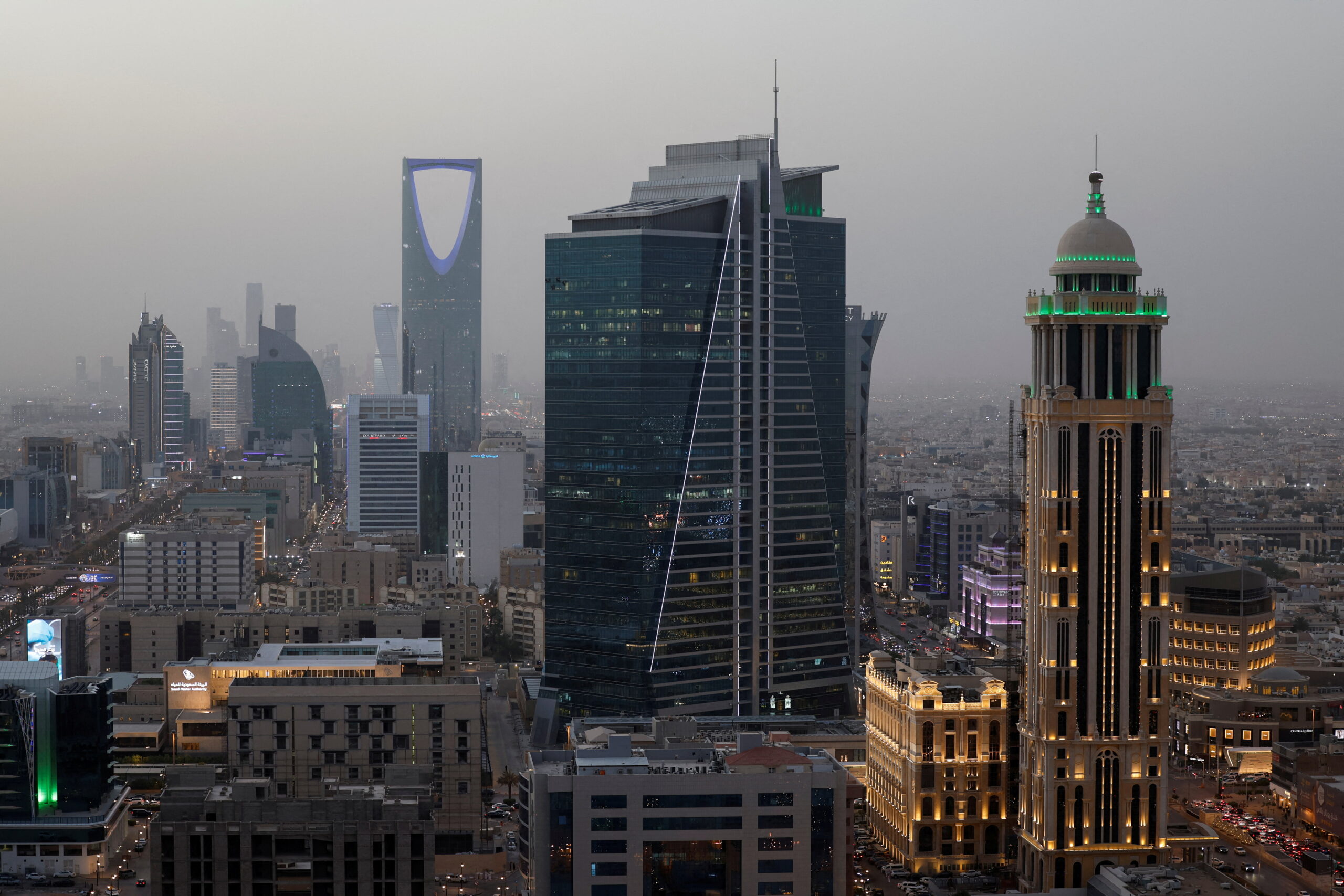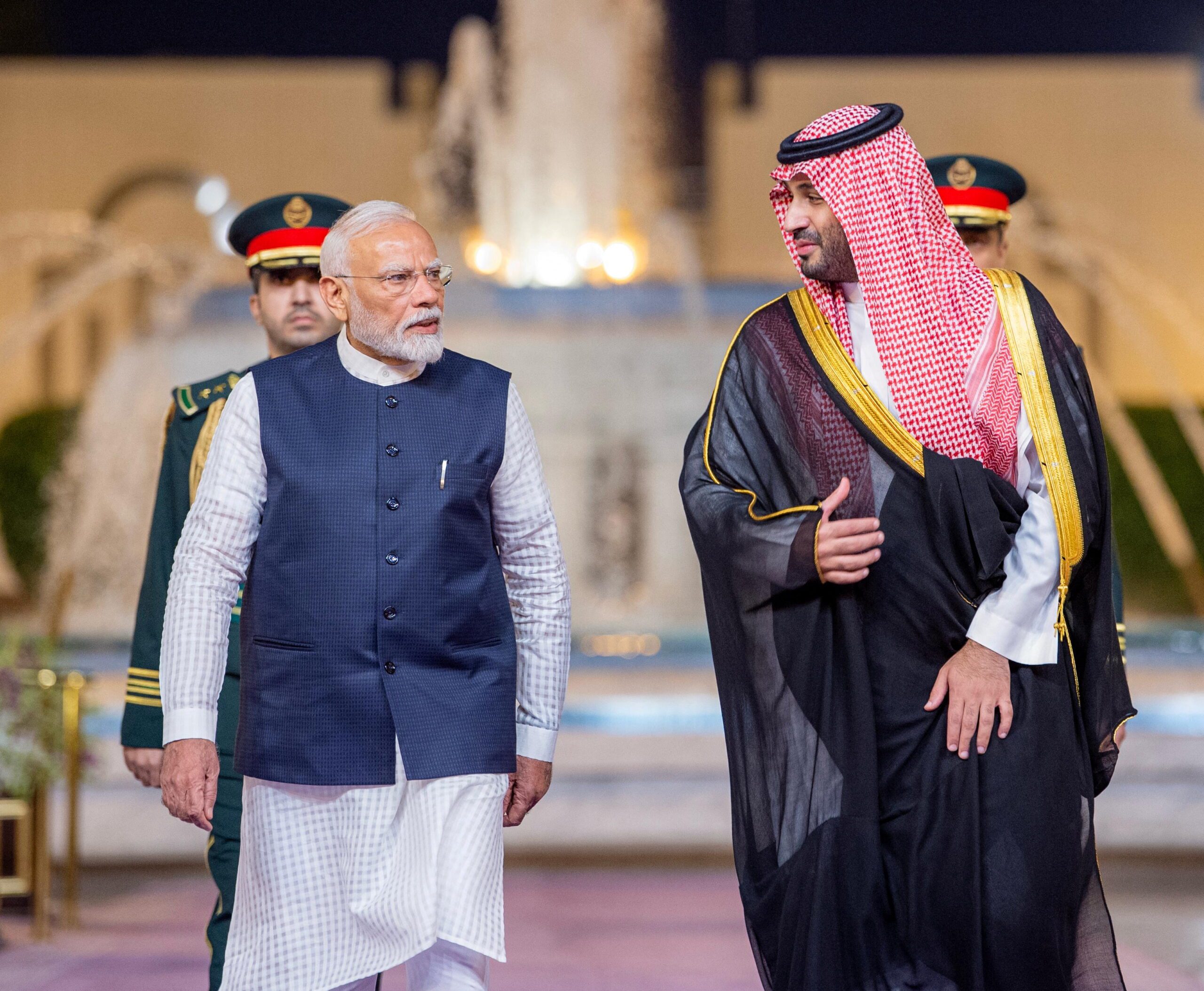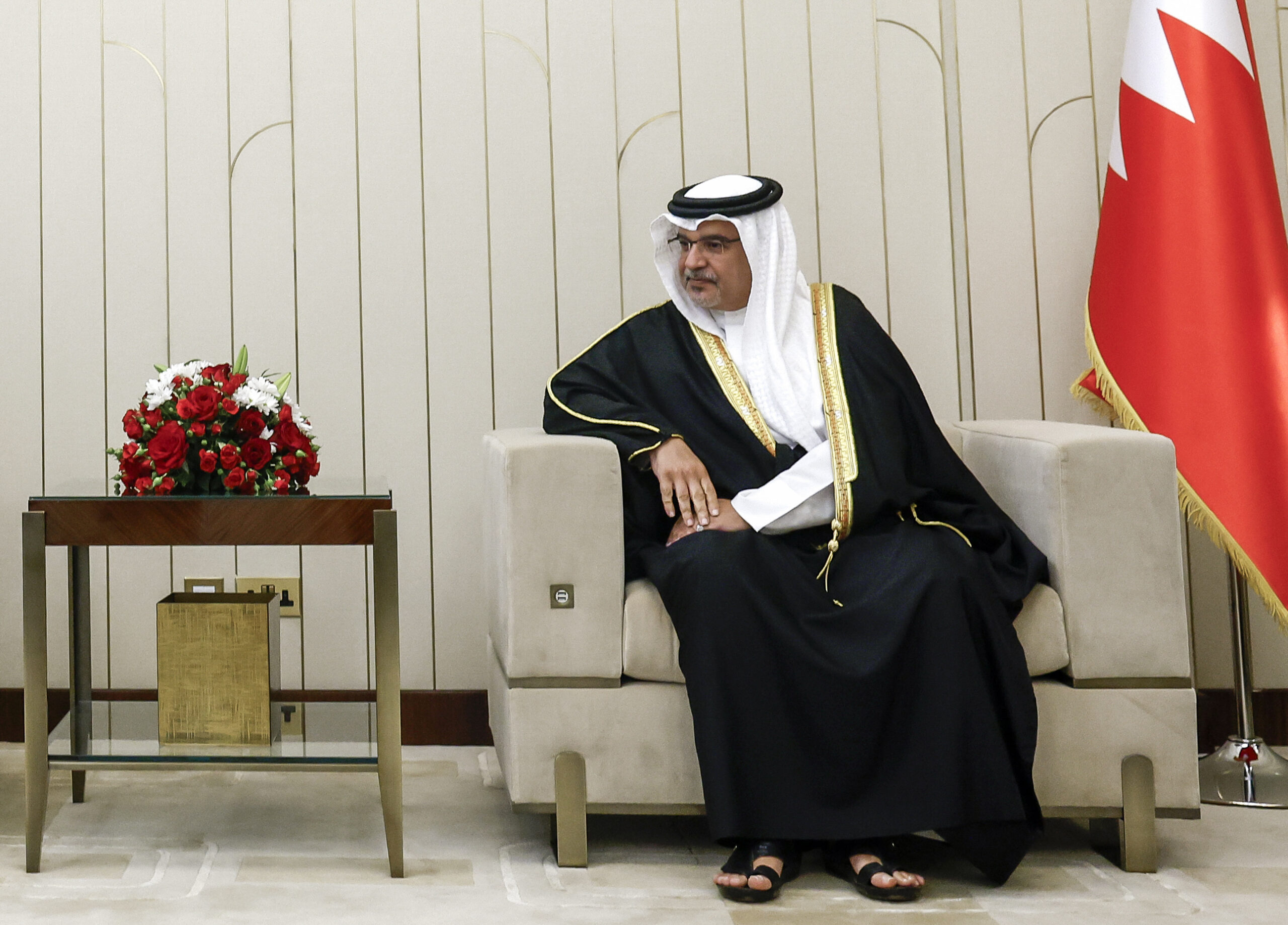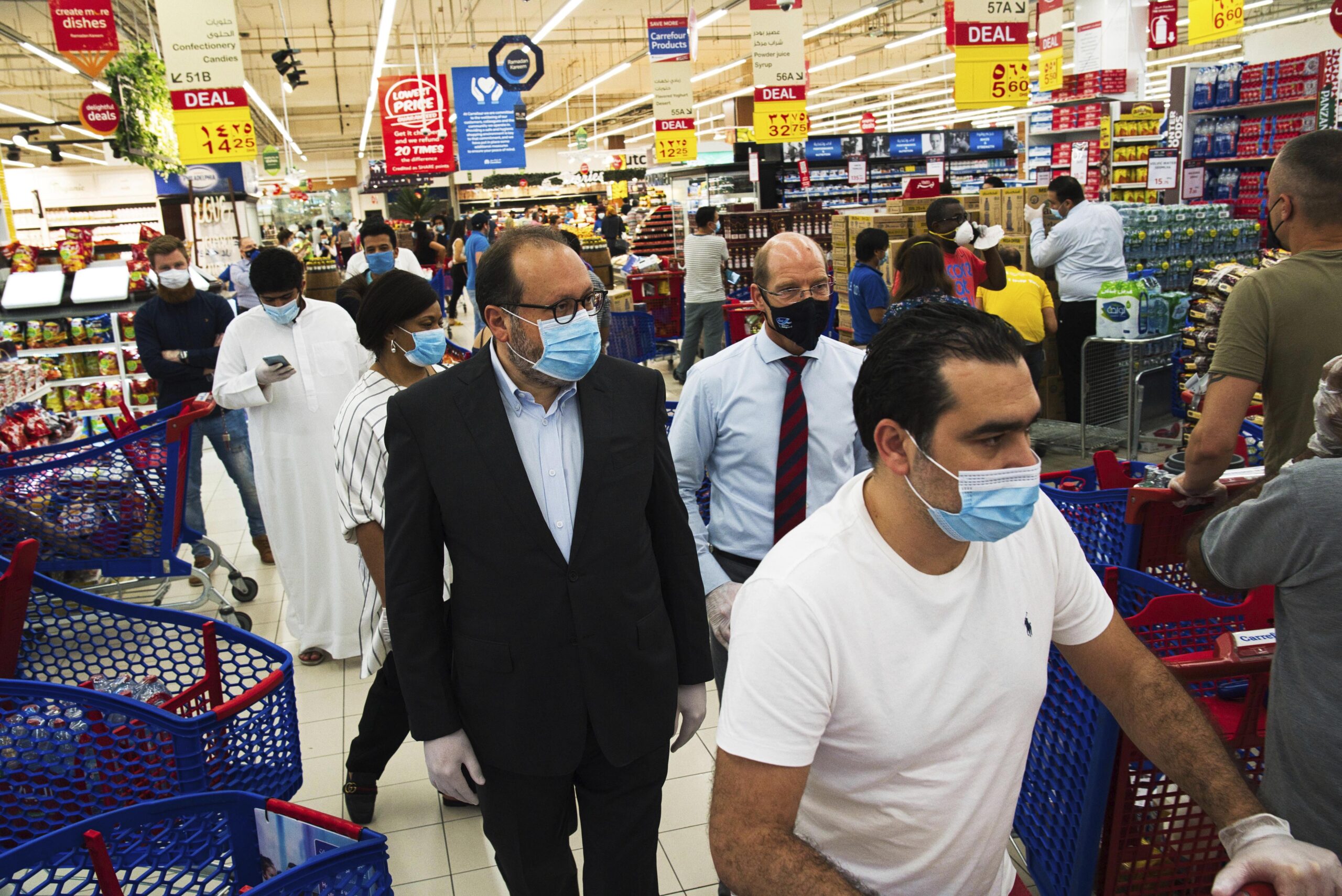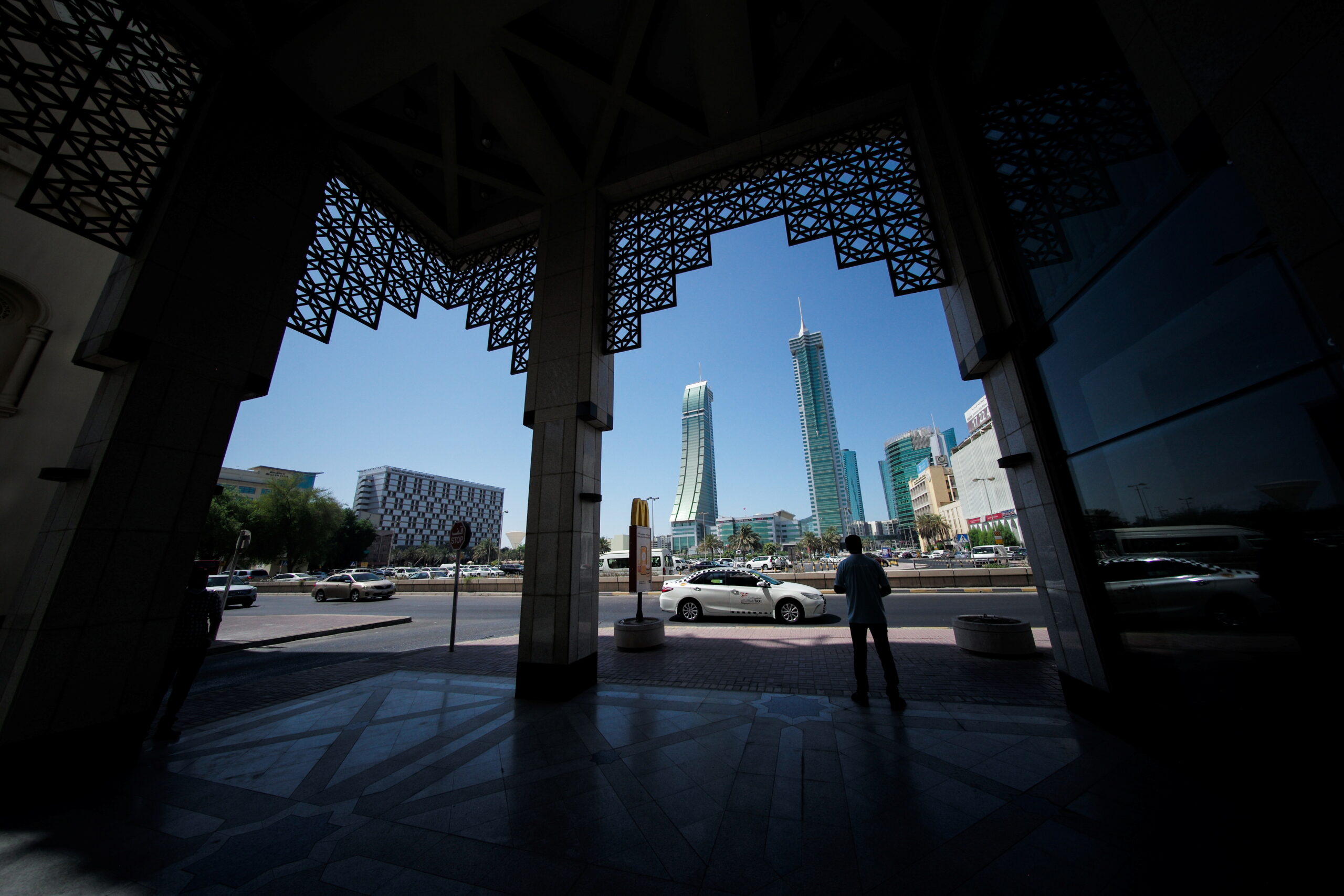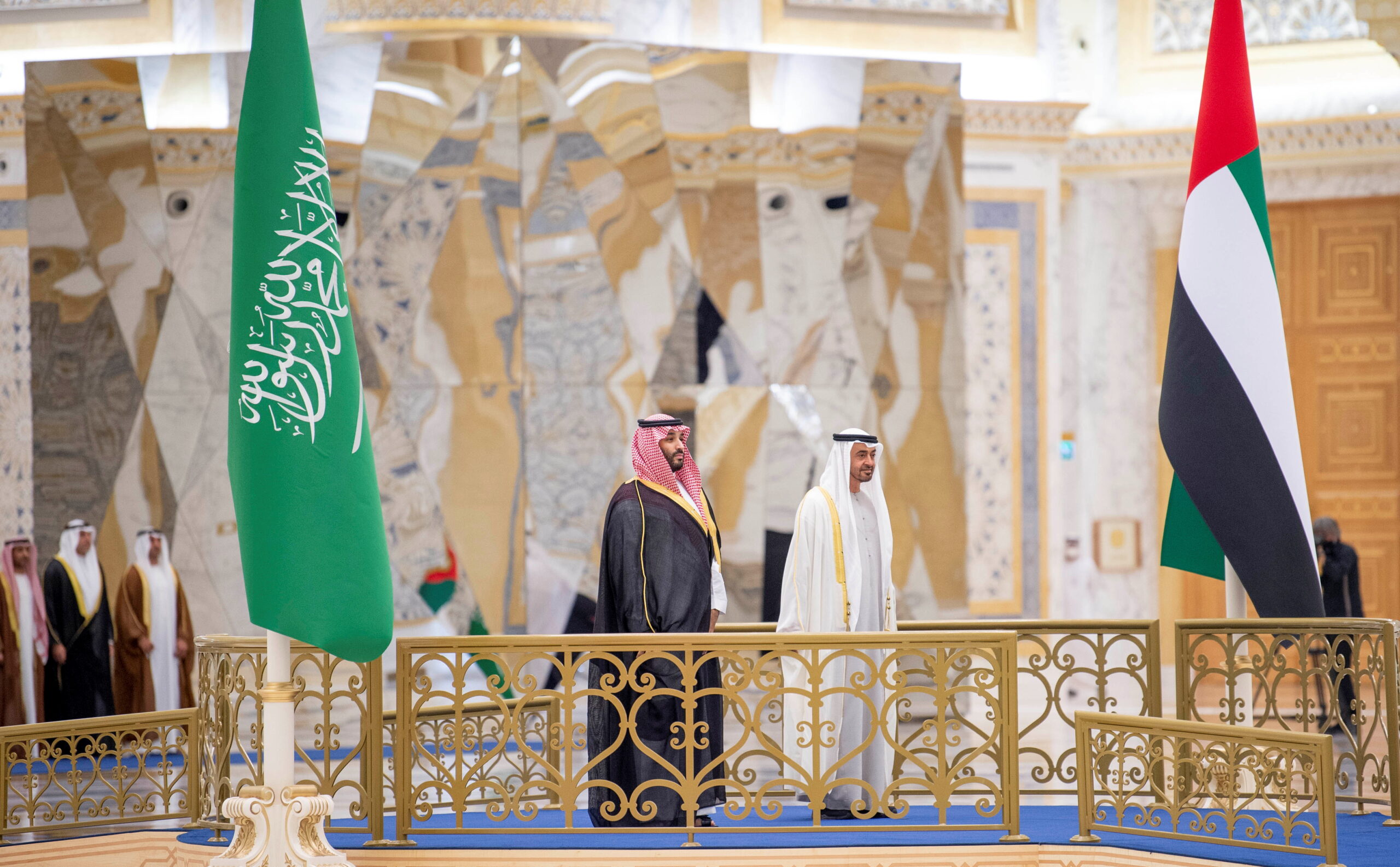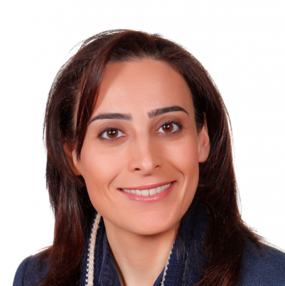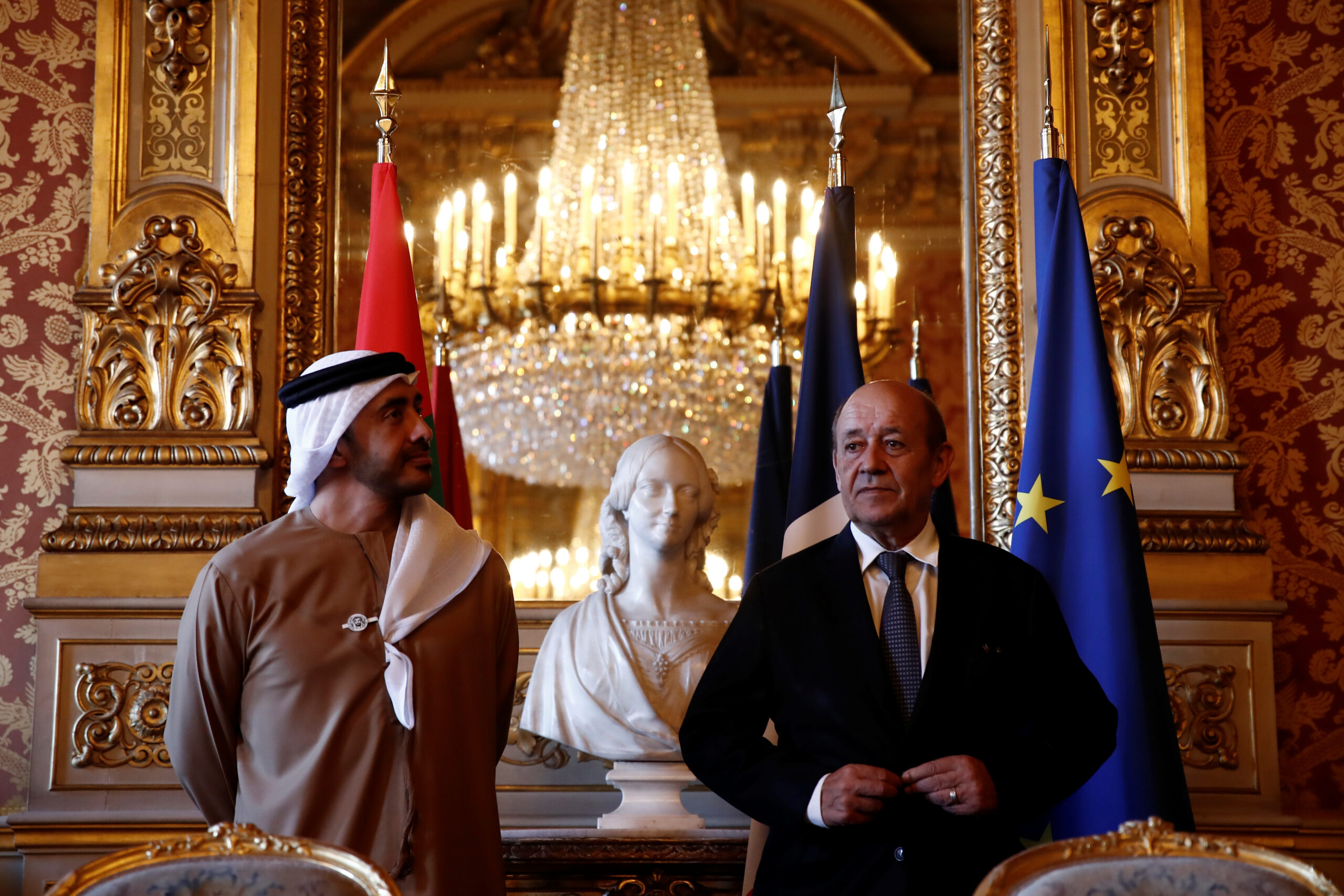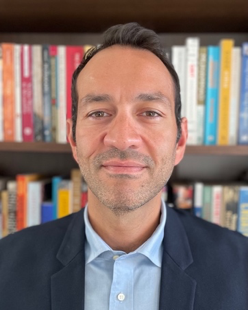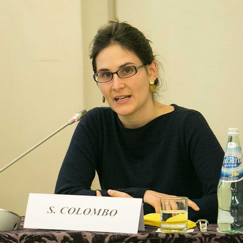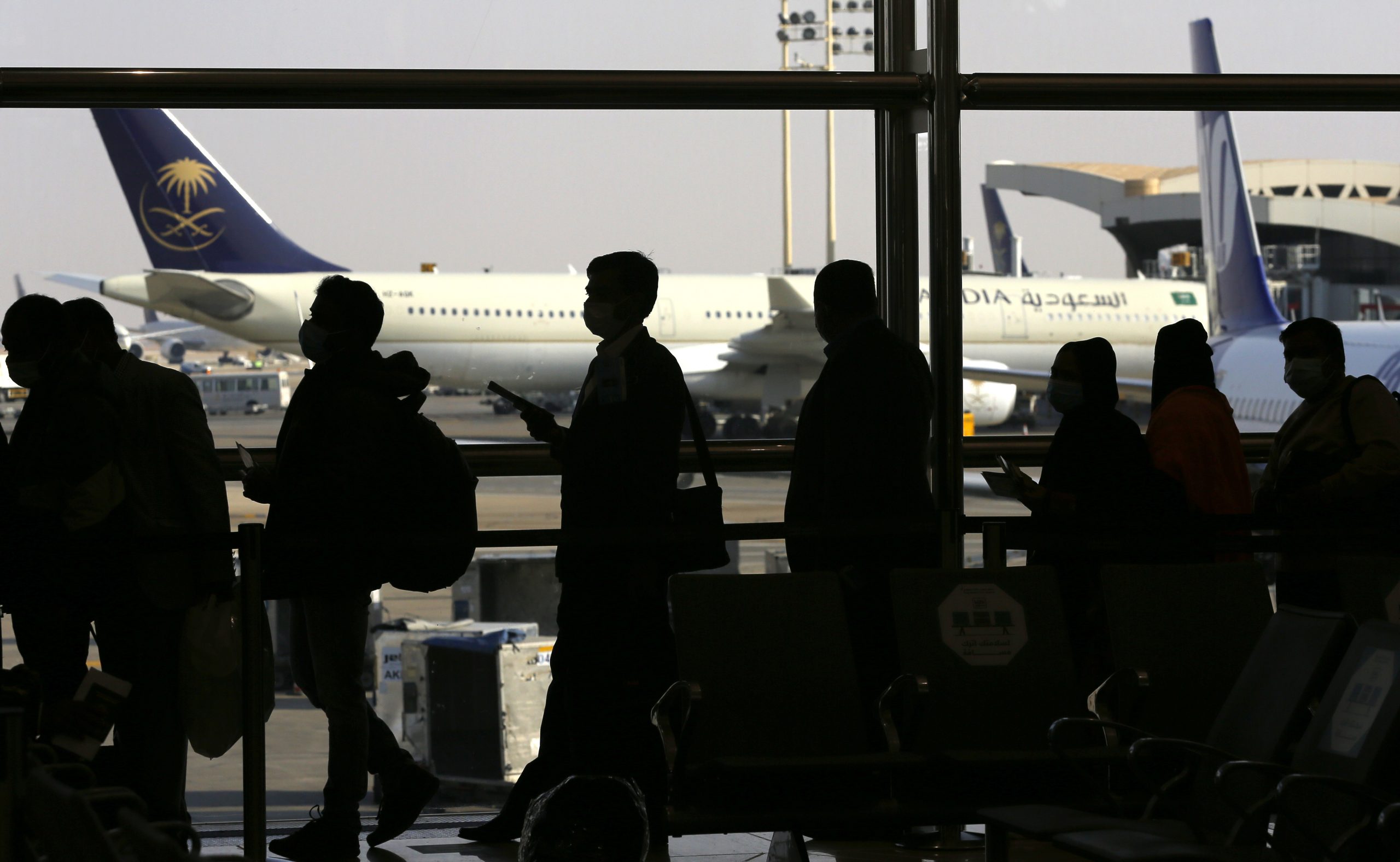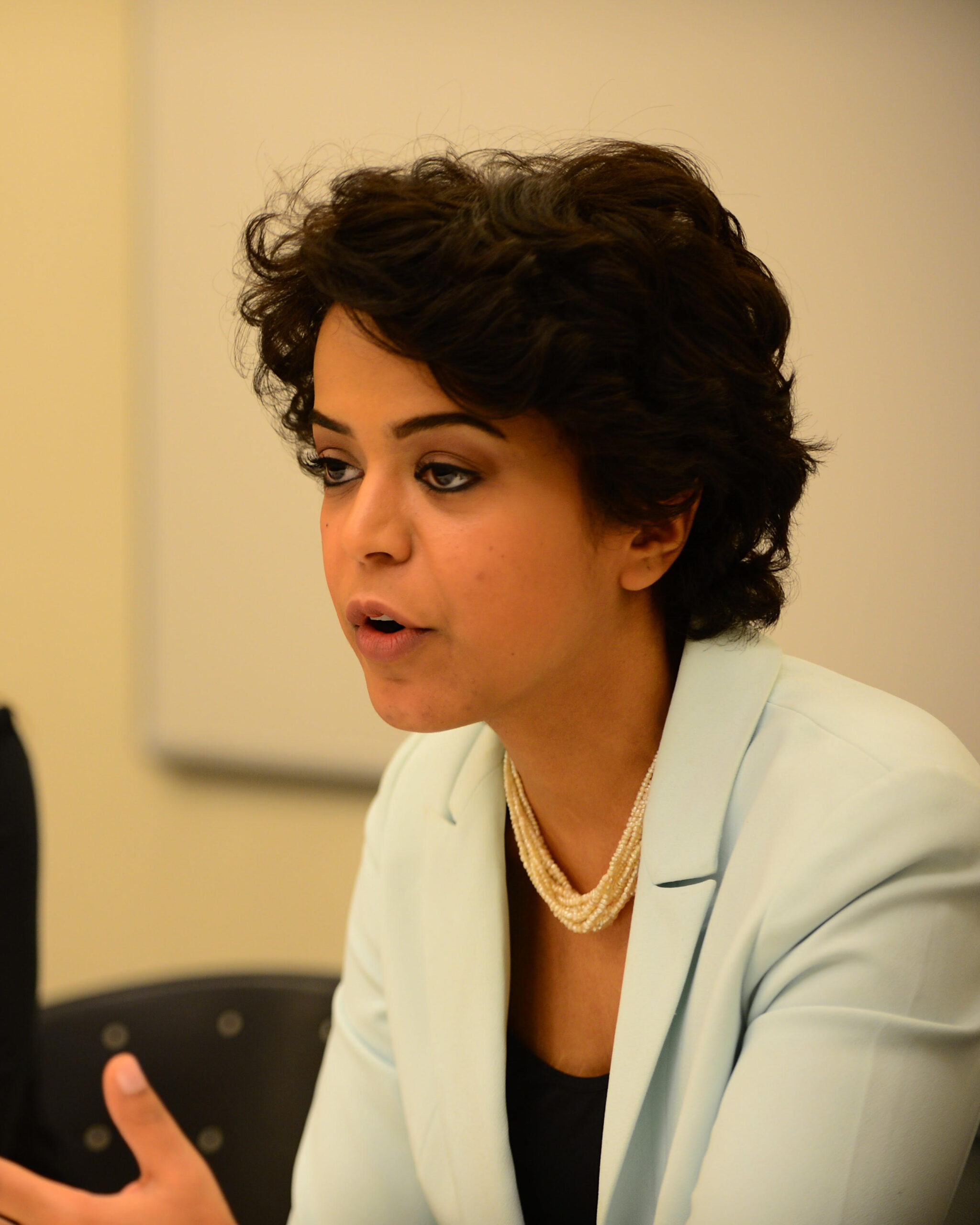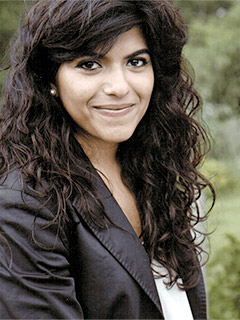Bahrain Moving toward Implementation of U.N. SDGs
Bahrain recently hosted the sixth meeting of the interagency and expert group on the sustainable development goals (SDGs), the successor to the Millennium Development Goals (MDGs), gathering international experts from dozens of countries and U.N. organizations.
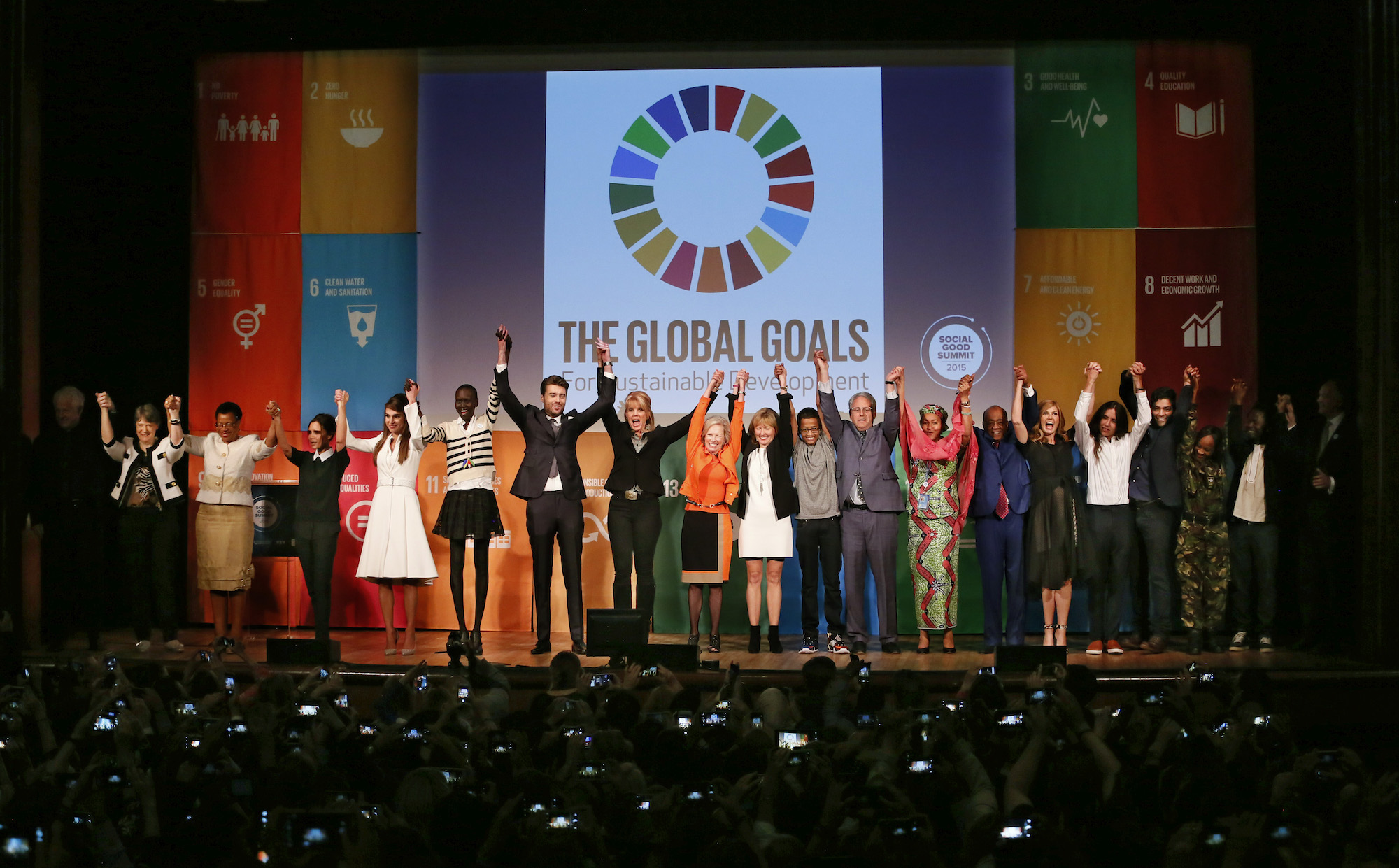
Bahrain recently hosted the sixth meeting of the interagency and expert group on the sustainable development goals (SDGs), the successor to the Millennium Development Goals (MDGs), gathering international experts from dozens of countries and U.N. organizations. Launched by the United Nations in 2015, the SDGs have been met with a wide variety of views, ranging from effusive praise from the Brookings Institution, to serious skepticism by The Economist magazine. In spite of this controversy, Bahrain has reacted very positively, by forming high-level committees to oversee the implementation of the SDGs, and by committing significant financial and human resources from the central statistical office to ensure adherence to best practices.
The SDGs are a universal set of goals that countries will be expected to use to frame their economic and social policies from 2016-30. According to their composers, the headline advantage is that they act as a focal point for policy, thereby potentially improving accountability in government programs. The 232 indicators make international comparisons easier, by providing a benchmark for harmonizing measures of human development. For example, 1.2.1: “the proportion of population living below the national poverty line, by sex and age;” or 2.5.2: “the proportion of local breeds classified as being at risk, not at risk, or at unknown level of risk of extinction.” A recurring thread is systematizing breakdowns by age and sex, which most existing data sources do only haphazardly. The United Nations also made an effort to address the shortcomings of the SDGs’ progenitor, the MDGs, by making them more comprehensive, and ensuring their applicability to both wealthy and poor countries.
Proponents of the SDGs point to the significant progress on MDG indicators after their announcement as evidence of their substantive contribution to global development. For example, the MDG concluding report mentions that the number of people living in extreme poverty declined from 1.9 billion in 1990 to 836 million in 2015, and the U.N. asserts that the MDG framework contributed to this success.
Yet some scholars, including perennial development sceptic Bill Easterly, remain unconvinced by the SDGs. Among the criticisms are that many of the targets are overly vague, while some of the indicators, especially environmental ones, require resources beyond the means of smaller countries. More importantly, the SDGs lack an actual accountability mechanism, opening the door for countries to simply ignore them. And even were an accountability mechanism to materialize, there is always the fear that countries focus excessively on what can be measured easily, at the expense of worthy goals that are not captured by SDG indicators – an analogue to the fear of “teaching to the test” when school inspectors fixate upon student performance on standardized tests.
More generally, a key claim is that systems of quantitative targets such as the MDGs and SDGs do not causally contribute to development, and that they merely gauge progress that would be realized even in the absence of the goals, the focus of a research paper by Columbia University’s Howard Friedman. To illustrate this, the overwhelmingly most important reason for declining global poverty during the last 30 years has been internal economic reform in China; the MDGs pick up on this, but the policies themselves predate the MDGs and likely operated independently of them.
Assessing the data-based claims that both proponents and critics make is ultimately an issue of judgment, however, because the MDGs were launched across the entire world, and it is impossible to know what the world would have looked like without them. In contrast, in traditional program evaluation, researchers avoid implementing the program in certain areas or for certain groups so that they can act as a scientific “control” group. For this reason, definitive conclusions on global-level projects will always remain elusive.
The doubts that experts have expressed about the SDGs have apparently not influenced Bahraini policymakers. Upon their launch, the government integrated them with its 2015-18 action plan. The kingdom’s specialists working in the national statistical office, the Information and eGovernment Authority, as well in the data-gathering units of the remaining government organizations, formed active committees to organize Bahrain’s SDG efforts. By December 2017, data corresponding to 36 percent of the SDG indicators were available and ready for dissemination, with much of the remainder in the pipeline. What returns does the government hope to reap from such efforts?
First, attracting foreign investment is a central theme in Bahrain’s economic strategy. The kingdom’s attractiveness to foreign capital is enhanced by its ability to articulate its economic strategy and advertise its progress in the SDGs’ commonly accepted language. Prospective investors want to compare target countries easily, and when one of them uses exotic indicators, or simply has no data, the investors will likely look elsewhere. And foreign investors who are looking to adhere to SDG principles will direct their capital to countries that exhibit the same commitment, as in the case of “green” foreign direct investment.
Importantly, academic studies have identified political stability as being a primary determinant of foreign direct investment, and the SDGs are designed to limit the social and income inequalities that threaten societal cohesion. More generally, foreign direct investment is a fundamentally long-term project, and therefore unsustainable economic policies – the opposite of the SDGs – will likely deter it.
Once a government such as Bahrain’s makes the decision to implement valuable economic reforms, such as those consistent with the SDGs, the weight of the U.N. brand can help Bahraini policymakers overcome internal resistance. This works in a similar way to the manner in which top consultancies give management boards credibility when they restructure their organizations.
The second advantage perceived by Bahrain’s government reflects its appetite for engaging the international community, especially the United Nations. The SDG project offers the kingdom an excellent opportunity to develop its relationship with agencies such as the U.N. Development Programme, as well as the parent organizations, such as the International Labor Organization. Cultivating a reputation as a constructive member of the global community confers geostrategic benefits to Bahrain that can help offset the disadvantages of being a small country.
Finally, committing resources to the SDG project works as a capacity-building exercise for Bahrain’s statisticians. For example, on the sidelines of the recent meeting of the interagency and expert group on the SDGs, Bahrain’s data specialists held a series of meetings with their counterparts in the U.N. suborganizations where the agenda was keeping Bahrain’s experts up to date on the latest techniques and criteria. This kind of knowledge transfer is invaluable.
Despite these considerable benefits, it is important to be wary of a key risk: the temptation to use SDGs as a public relations exercise, showcasing what has been achieved, when their biggest benefit lies in their ability to help countries identify their weaknesses, and formulate action plans, with the assistance of their international partners. In the specific case of Bahrain, the national statistical office has used the SDG project to alert policymakers of the need to dedicate more resources to the process of gathering data in accordance with international standards, and to raise the skills of its statisticians via workshops in partnership with the United Nations. More generally, the best way to capture the benefits that the SDGs offer is to maintain high levels of transparency, and work closely with the United Nations’ impartial experts.
The views represented herein are the author's or speaker's own and do not necessarily reflect the views of AGSI, its staff, or its board of directors.
